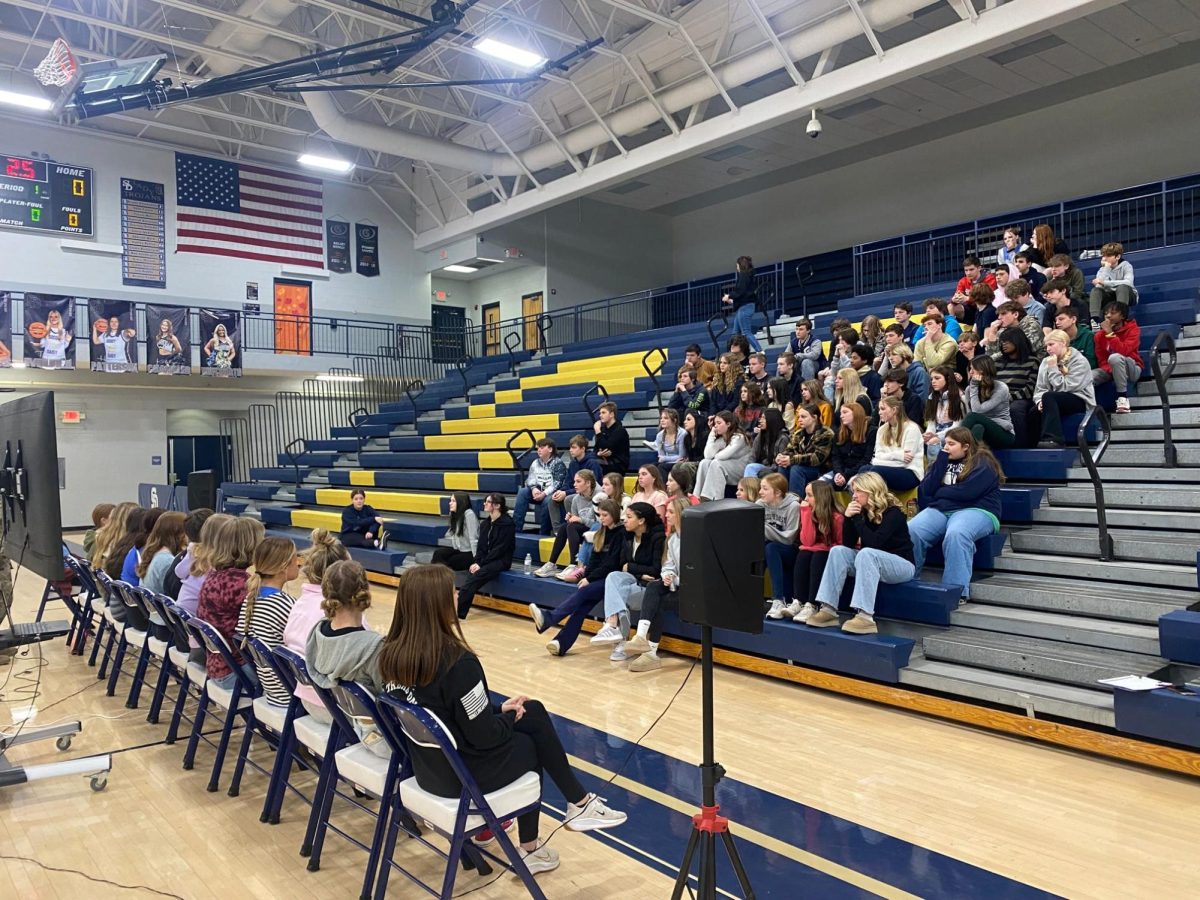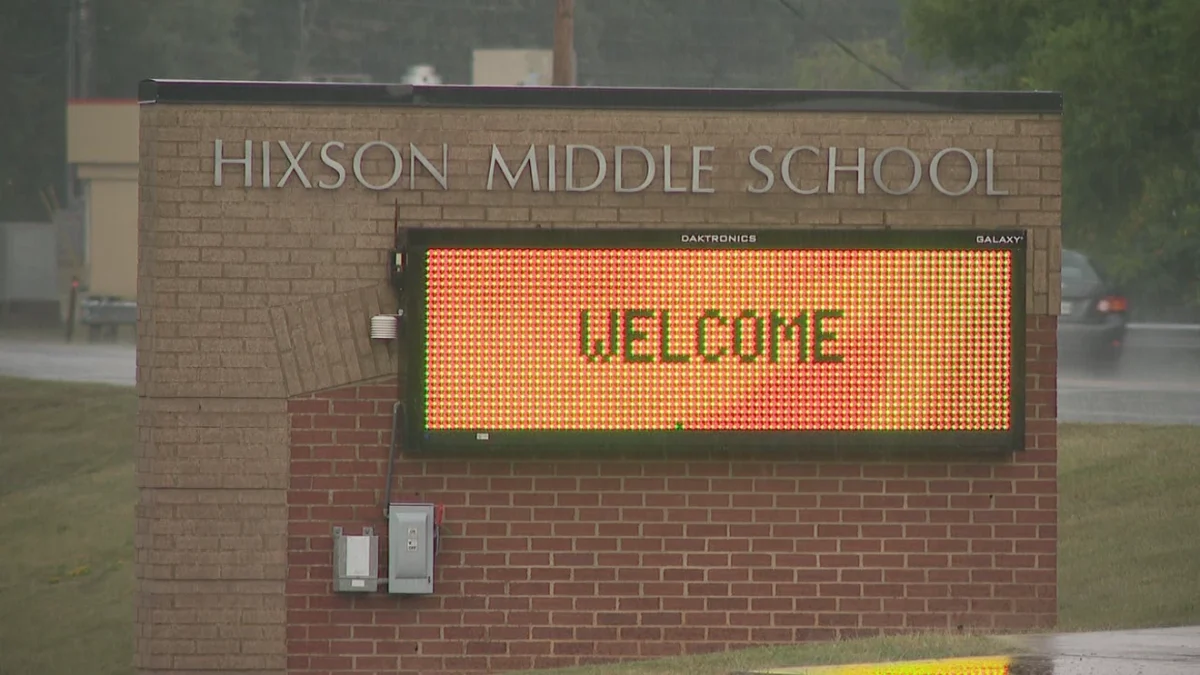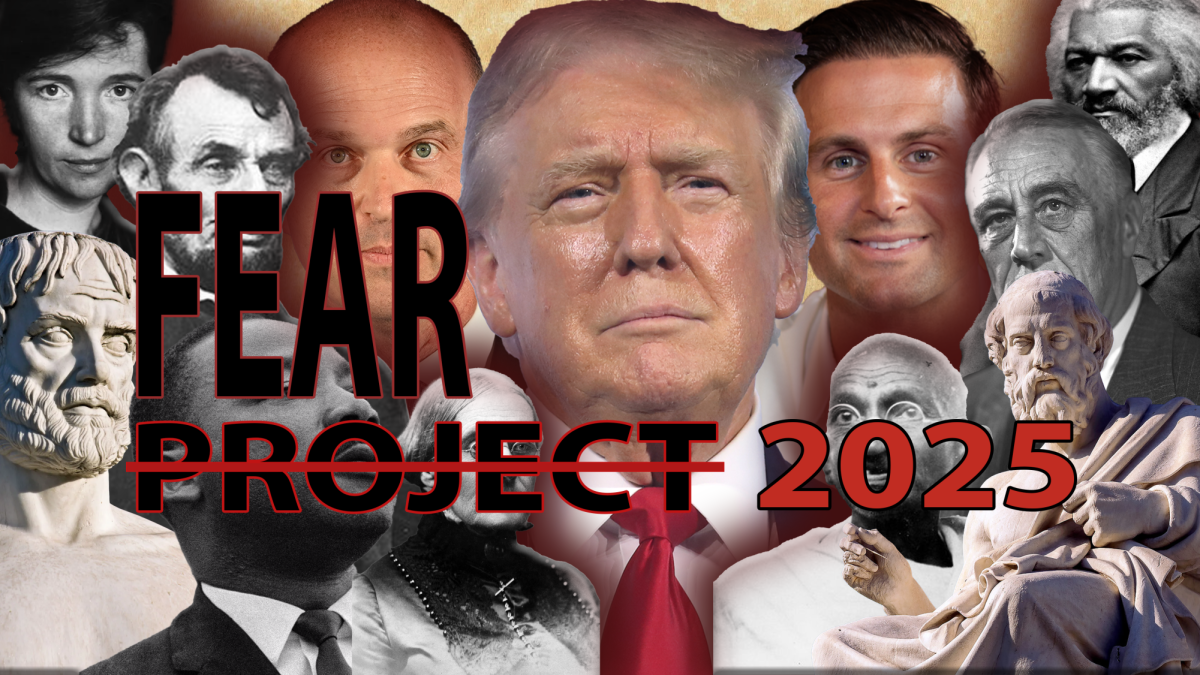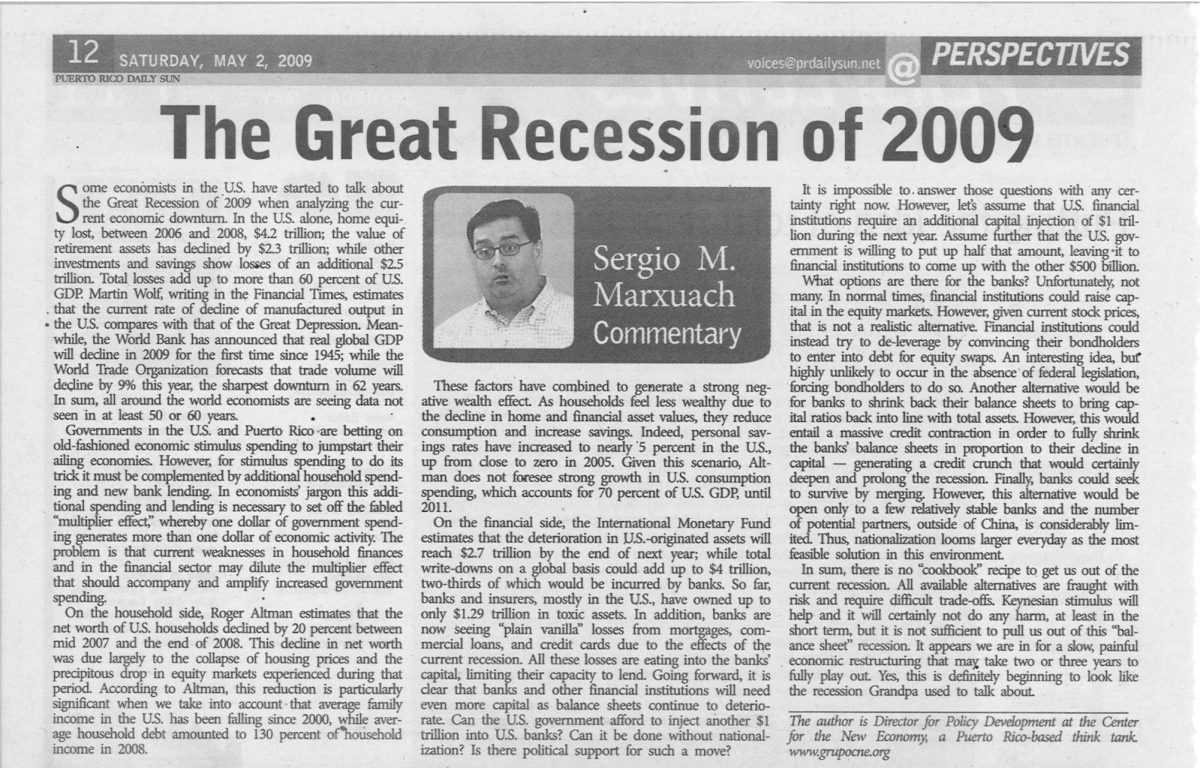According to tableau.com, AI was first introduced around the 1950s. The author wrote, “Alan Turing published his work ‘Computer Machinery and Intelligence’… used to measure computer intelligence. The term “artificial intelligence” was coined and came into popular use.” Since then, many “white collar” jobs have slowly been taken over by artificial intelligence.
Although on the rise, the media may have you thinking the process is going much faster than it really is. A study that weforum.org showed 50% of experts believe that AI will reach human-level intelligence in the next 45 years, 40% of experts believe that AI will in the next 100 years, 5% of experts believe that it will take well over 100 years, and 1.1% said that it would never happen.
According to “The Future of Jobs Report 2020” by the World Economic Forum’s, with artificial intelligence increasing, it is believed that 85 million jobs will be replaced by 2025. However, the report also says that 97 million new jobs will open up in the same timeframe.
Here is a look at what jobs experts are expecting AI will replace.
Expected to be replaced by AI according to theforage.com:
- Transportation jobs(whether that be the transportation of humans, materials, etc.)
- Sales jobs
- Production jobs
- Administrative support jobs
- Office jobs
- Food preparation jobs
- Finance jobs
- Media and entertainment jobs
- Protective service jobs
- Customer service jobs
- Design and writing jobs
However, AI isn’t all that bad. It also creates more intellectual softwares that are used in a wide range of places. For example, in education systems, new personalized and interactive learning materials and tools are available to students because of AI. In office and marketing settings, data is being organized and put together quicker than ever making research, planning, production, and distribution quicker. AI is creating a fast pace environment for the economy.
























